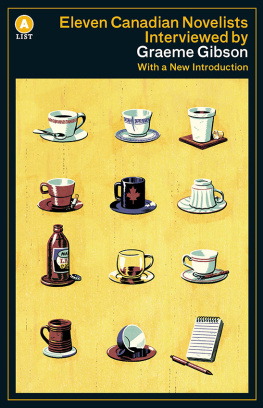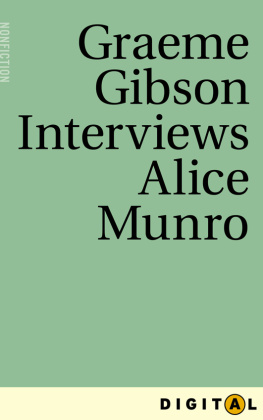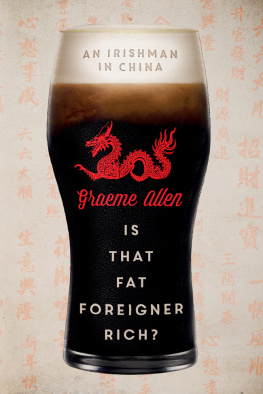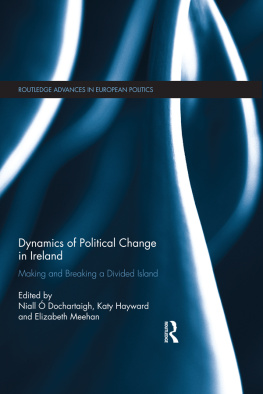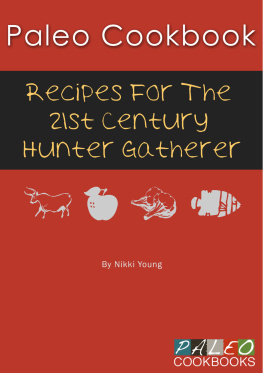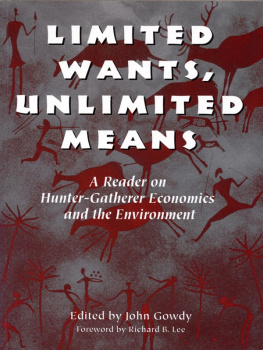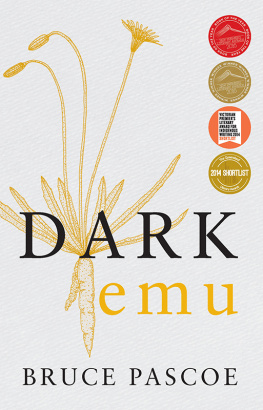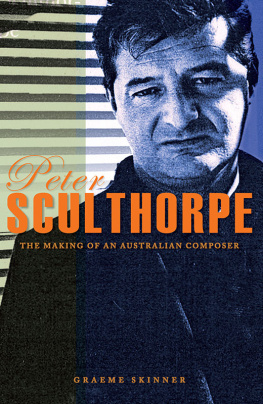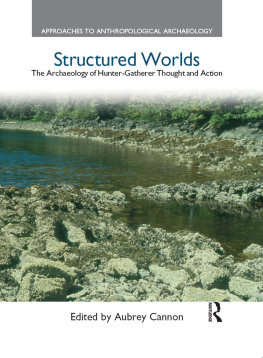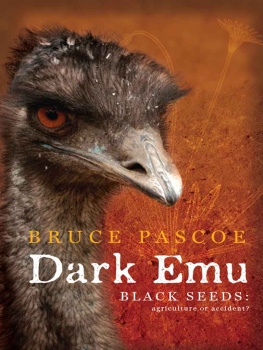Published in the United Kingdom in 2022 by
OXBOW BOOKS
The Old Music Hall, 106108 Cowley Road, Oxford, OX4 1JE
and in the United States by
OXBOW BOOKS
1950 Lawrence Road, Havertown, PA 19083
Oxbow Books and the author 2022
Paperback Edition: ISBN 978-1-78925-681-9
Digital Edition: ISBN 978-1-78925-682-6
A CIP record for this book is available from the British Library
Library of Congress Control Number: 2021949462
All rights reserved. No part of this book may be reproduced or transmitted in any form or by any means, electronic or mechanical including photocopying, recording or by any information storage and retrieval system, without permission from the publisher in writing.
Printed in the United Kingdom by Short Run Press
Typeset in India by Lapiz Digital Services, Chennai.
For a complete list of Oxbow titles, please contact:
UNITED KINGDOM
Oxbow Books
Telephone (01865) 241249
Email:
www.oxbowbooks.com
UNITED STATES OF AMERICA
Oxbow Books
Telephone (610) 853-9131, Fax (610) 853-9146
Email:
www.casemateacademic.com/oxbow
Oxbow Books is part of the Casemate Group
Front cover: Sadhbh Warren
Back cover: Later Mesolithic butt-trimmed flake, Wicklow, Co. Wicklow. johnsunderland.com
These are all elements of the land, and what makes the landscape comprehensible are the relationships between them. One learns a landscape finally not by knowing the name or identity of everything in it, but by perceiving the relationships in it
Barry Lopez 2006 Vintage Lopez. New York: Vintage Books. P6
There is something compulsive in ones relationship to an island . With an island, it is as if the surrounding ocean like a magnifying glass directs an intensified vision onto the narrow field of view. A little piece is cut out of the world, marked off in fact by its richness in significances. So an island appears to be mappable. Already a little abstracted from reality, already half-concept, it holds out the delusion of a comprehensible totality.
Tim Robinson 1996 Setting Foot on the Shores of Connemara and other writings. Dublin: Lilliput Press. P1
Acknowledgements
This book is about the connections between people and the other beings with which they shared their worlds and the potentials for action that these connections enabled. Connections with other people, plants, animals, places, and spirits created a multi-species ecology which sustained distinctive ways of hunter-gatherer life on the island of Ireland. This book is a product of the same kind of connections, and it is a pleasure to acknowledge them.
The ideas presented here have been shaped by working with others on Hunter-Gatherer Ireland: PhD students, postdoctoral researchers and collaborators on a range of projects. This includes Rosie Bishop, Robert Chapple, Steve Davis, Killian Driscoll, Ben Elliott, Bernard Gilhooly, Naomi Holmes, Noa Lavi, Aime Little, Thomas Kador, Niamh Kelly, Meriel McClatchie, Rowan McLaughlin, Martin Moucheron, Maja Pasari, Alice Rudge, Rob Sands, Michael Stanley and Kieran Westley. I am also grateful to the core members of the Mesolithic Archaeology and Hunter-Gatherer Research Group, which I coordinate with Ben Elliott, for our regular seminars and discussion. I have also greatly benefitted from long-term friendship and collaborations with Bill Finlayson, who supervised my PhD over 20 years ago and has continued to be a great support ever since.
This book is not the outcome of any single research grant. It includes the results of research I coordinated or collaborated on funded by the Irish Research Council, Royal Irish Academy, UCD and European Research Council. I am grateful to them all. The completion of the book would not have been possible without the support of UCD School of Archaeology, especially through their commitment to offering a one-year research sabbatical following my four-year term as Head of School. This stands alongside their creation of a vibrant atmosphere for archaeological practice. My thanks to all my colleagues for their support, especially Head of School Joanna Brck.
Neil Carlin, Chantal Conneller, Gabriel Cooney, Ben Elliott, Aime Little, Martin Moucheron, Richard Nairn, Astrid Nyland and Alice Rudge read early drafts of this book, and their insightful and supportive suggestions were very helpful in clarifying and developing the text. I am very grateful to them all and regret not being able to engage with all of their comments some of which would have required doubling the length of this book. Colleagues in Irish archaeology who read drafts made a strong argument that using BC rather than BP for dates would increase the value of the book for an Irish archaeological audience.
I am grateful to the following for provision of images or permission to reuse them: Ruth Carden, Pete Coxon, Robin Edwards, Aime Little, Steve McCarron, Conor McDermott, Rowan McLaughlin, Melanie McQuade, Donald Murphy, Christina ORegan, Michael Potterton, Rob Shaw, Jessica Smyth, James Walker and Kieran Westley. Thanks also to Ronn Swan and Michael Stanley for reproduction of TII imagery and Jonathan Dykes for RIA images. A special note of thanks to John Sunderland for his work on Belderrig images and Matthew Seaver at NMI for arranging new photography. Unless otherwise stated, images are copyright the author.
Thanks to the following for discussion of matters of fact and points of information: Chantal Conneller, Amy Gray-Jones, Ciara MacManus, Grgor Marchand, Marylise Onfray, Christina ORegan, Michael Potterton, James Redmond, James Walker, Fintan Walsh and Jean Williams.
Thanks to Julie Gardiner, Felicity Goldsack and Jessica Hawxwell from Oxbow Books for support during the final production of this book.
This book was written during long periods of lockdown through the public health crises of 2020 and 2021, which eventually delayed the book by a year. Like any book, therefore, it is not quite the one that I had imagined writing not least because of the difficulty of accessing archives and museums during this period. But beyond the immediate context of a pandemic, this is a book written in a time of pervasive crisis in so many aspects of our lives, crises which have urged me to consider the values and ethics of engaging with the deep past, and to reflect on what it means to write and interpret the lives of others through the craft of archaeology. This inevitably causes reflection on the legacies of colonialism in archaeological thought and practice as well as the broader structure of contemporary society.
These themes run throughout the book. In this context, it is worth noting that many Indigenous or Decolonial scholars emphasise the importance of making the positionality of research clear. Marking the place from which someone is speaking can be a way of understanding how their beliefs might have developed, contextualising how they are enabled to make statements about the subjects of their research and situating their arguments. This is especially important given that this book is, in part, about the relationships between the island of Ireland and its neighbours, and that, understood broadly, perspectives on that subject have been marked by the legacies of British colonial conquest.
I am a 48-year-old white middle-class male, married, and with two teenage daughters. I am English by origin but moved away from there 25 years ago. Following my appointment to a permanent post in UCD shortly after my PhD, I have lived in Ireland for 20 years. I am proud to be an Irish citizen. My job gives me a stable position of privilege as a Professor of Archaeology at University College Dublin. I came to deep time archaeology late, finding my passion for landscape archaeology and hunter-gatherers only at Masters level.




